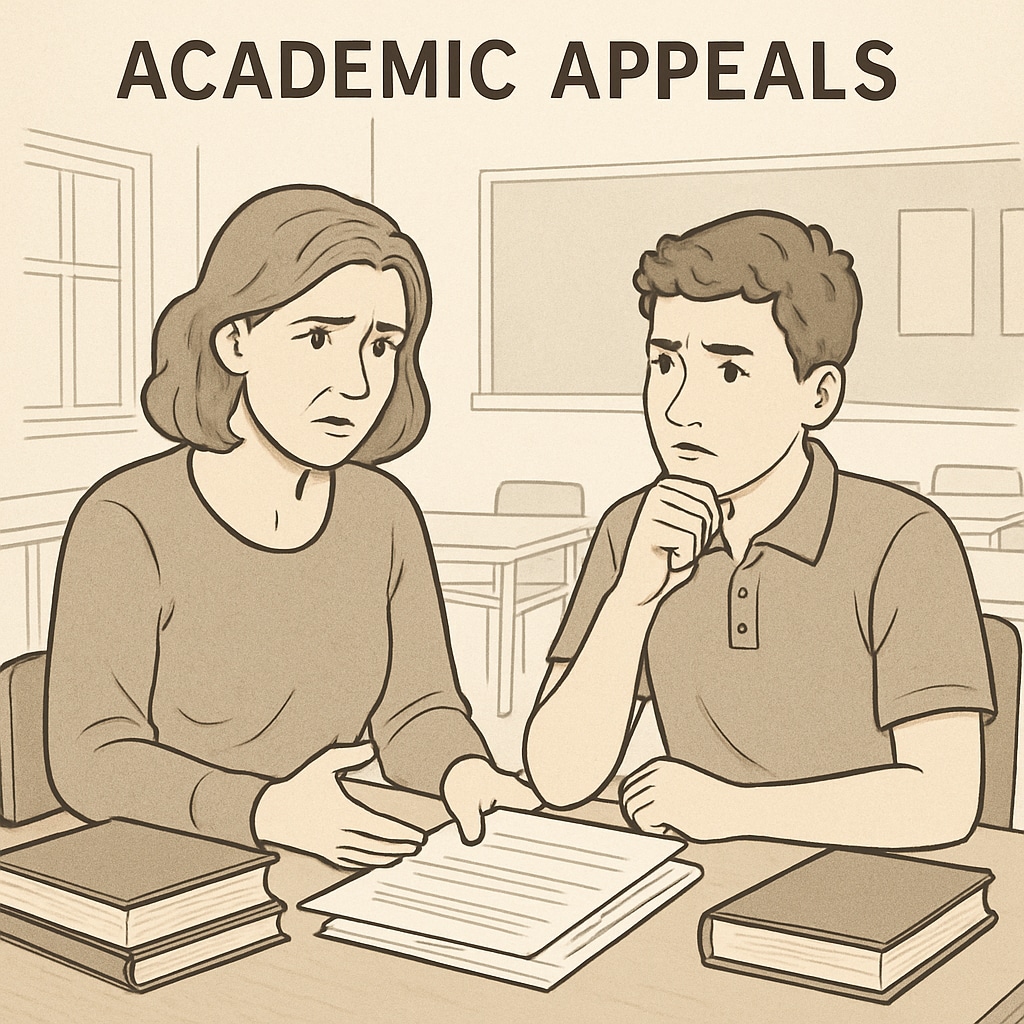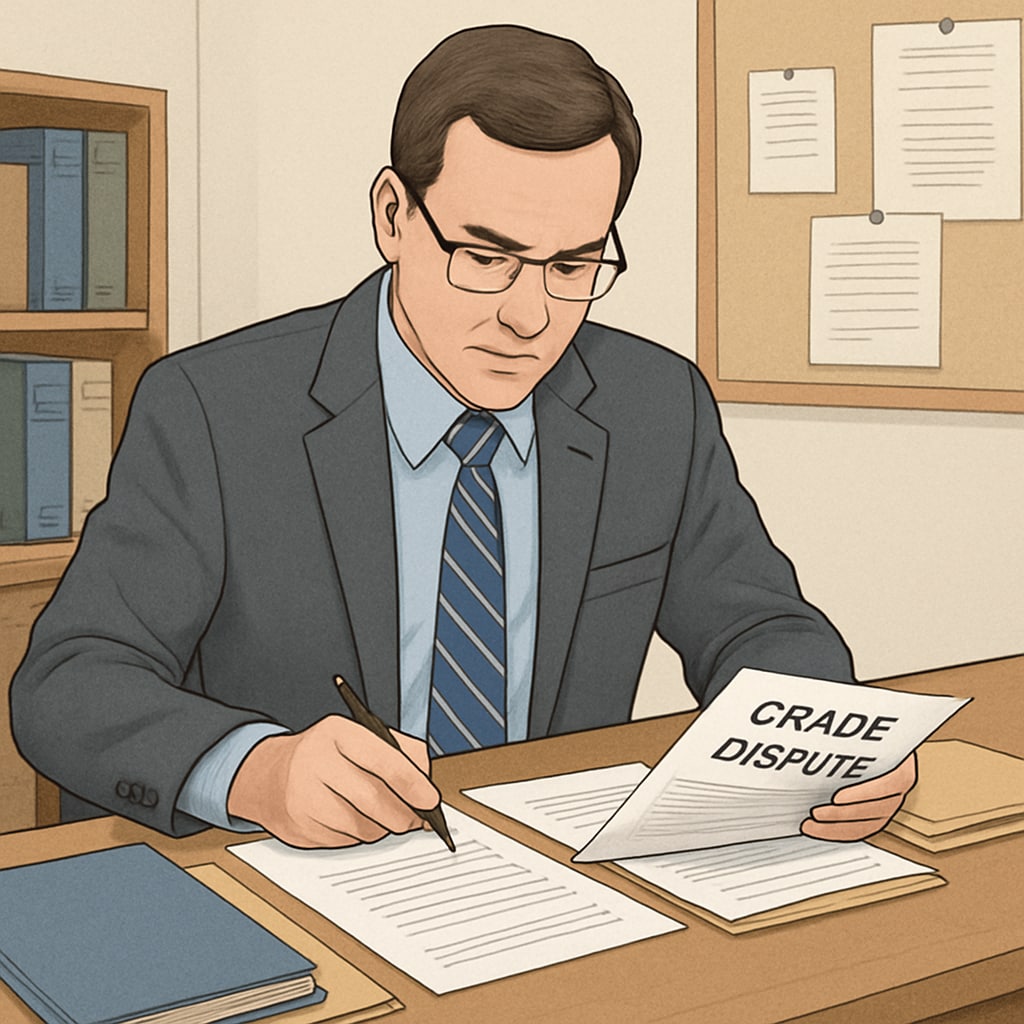Unfair academic evaluations can be a distressing experience for students and parents alike. When issues such as academic appeals, teacher misconduct, and grade disputes arise, it is essential to understand the mechanisms available to address these challenges. This article examines the shortcomings of current appeal systems in K12 education and offers practical guidance for students and parents seeking justice in academic evaluations.
Understanding the Impact of Unfair Assessment
Unjust academic evaluations not only affect a student’s grades but can also have long-term consequences on their self-esteem, college applications, and future opportunities. For example, in an AP Physics course, a student may receive a grade that does not accurately reflect their performance due to a teacher’s bias, negligence, or procedural errors. Such cases highlight the need for robust systems to safeguard academic fairness.
Key factors contributing to unfair assessments include:
- Subjective grading practices
- Lack of transparency in evaluation criteria
- Teacher misconduct or favoritism
- Insufficient avenues for student appeals
As a result, students and parents must be prepared to address these grievances effectively while navigating the complexities of school policies.

How to Address Teacher Misconduct and Grade Disputes
When faced with grade disputes or suspected teacher misconduct, it is important to follow a structured approach to ensure the issue is handled professionally and fairly. Here are some steps to consider:
- Document the Issue: Gather evidence, including graded assignments, emails, and any relevant communication with the teacher.
- Understand School Policy: Review the school’s academic appeal process and grading guidelines to identify the appropriate steps for filing a complaint.
- Communicate with the Teacher: Schedule a meeting to discuss your concerns respectfully and seek clarification on the grading process.
- Escalate the Matter: If the issue remains unresolved, escalate your appeal to school administrators or academic committees.
- Request a Formal Review: In cases of serious misconduct, request an independent review of the grade or evaluation.
While these steps can help address immediate concerns, systemic reforms may be needed to improve the fairness and transparency of academic evaluations.

Advocating for Systemic Change
Beyond addressing individual cases, students and parents can advocate for broader changes in K12 education systems. Here are some strategies to promote fairness:
- Push for Clear Guidelines: Advocate for transparent grading policies and criteria to reduce subjective evaluations.
- Support Regular Training: Encourage professional development programs for teachers to minimize bias and inconsistency in grading.
- Establish Appeal Committees: Push for independent appeal boards to review disputes objectively.
- Educate the Community: Raise awareness about students’ rights and the importance of fair academic evaluations.
By working together, students, parents, and educators can create an environment that prioritizes academic integrity and fairness.
In conclusion, addressing academic appeals, teacher misconduct, and grade disputes requires a combination of immediate action and long-term advocacy. By understanding the appeal mechanisms and leveraging community support, students and parents can effectively protect academic rights and ensure fair treatment in K12 education.
Readability guidance: Use concise paragraphs and actionable lists to simplify complex topics. Incorporate transitions like “however” and “as a result” to improve flow while maintaining professional tone.


